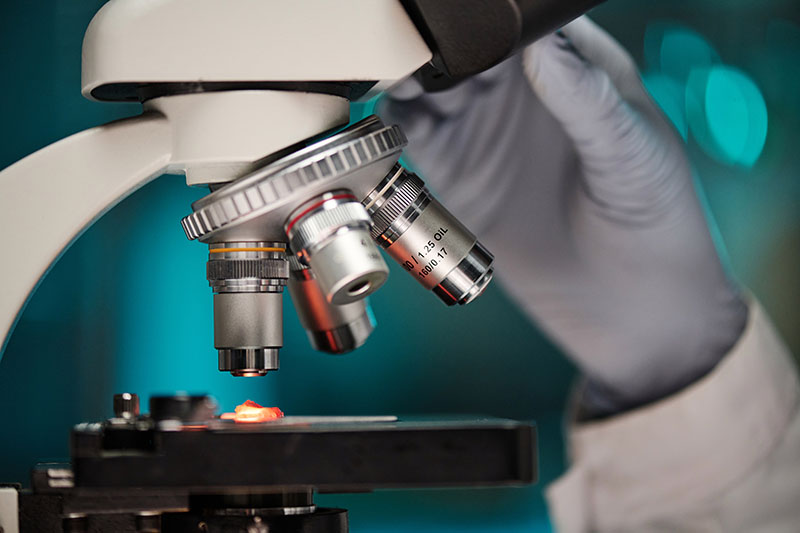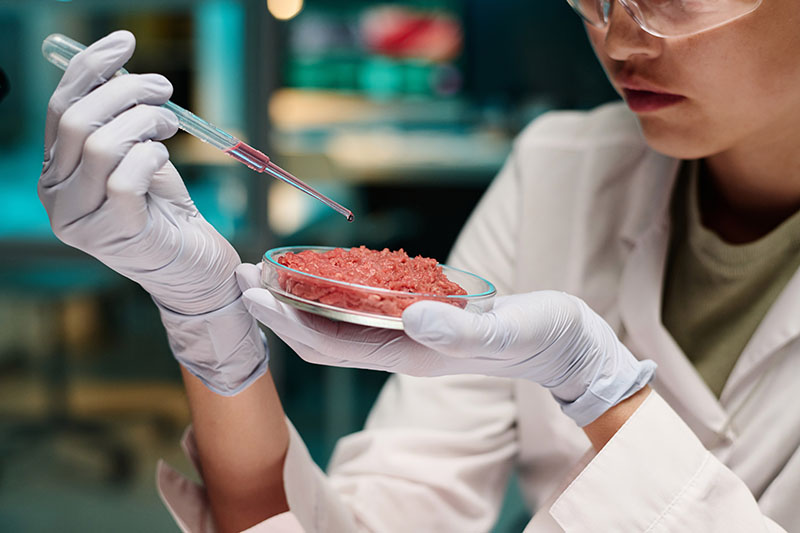 Cell-cultured foods such as meat, dairy, and eggs are perhaps the most dramatic example of cellular agriculture. These animal-based products are now being created by cultivating cells in controlled environments, instead of through traditional farming.
Cell-cultured foods such as meat, dairy, and eggs are perhaps the most dramatic example of cellular agriculture. These animal-based products are now being created by cultivating cells in controlled environments, instead of through traditional farming.
The result is a way to meet the growing global demand for protein using less land, water and feed, while producing lower greenhouse emissions, reducing zoonotic diseases, enhancing food safety, and, of course, eliminating animal suffering.
Bringing cell-cultured foods to people's tables, however, involves overcoming several key challenges. One of the biggest is scaling production.
Scale-up and regulatory challenges
Producing cultured meat and other products requires bioreactors, where cells are grown in controlled environments. The VILS approach of starting with the client’s process, optimizing it, and building a facility around that, aligns with the cellular agriculture industry’s ambitions towards scalable, cost-effective, and sustainable production.
Another challenge is the heavy regulatory burden that food producers face, with agencies like the FDA (U.S.), EFSA (Europe), and others still developing frameworks to assess the safety and labeling of these products.
VILS, which has worked with a number of companies on the cutting edge of biotechnology, has experience handling exactly this type of evolving and ambiguous regulatory environment.
 Process-focused starting point
Process-focused starting point
By focusing on the essential, and with the client’s process – not a generic facility – as the starting point, VILS’s scientists and engineers have experience designing highly efficient facilities for breakthrough technologies that gain approval from authorities.
One success story is Maastricht-based Mosa Meat, for whom VILS designed and built 1,000 m2 worth of R&D labs. And we did it fast: Within one year from an idea written on a blank sheet of paper to turnkey delivery.
As always, a cutting-edge company doing what has never been done before in a cutting-edge industry requires sophisticated facilities. In this case, scalability solutions are still evolving, so when Mosa Meat asked us we build a pilot facility for, them we engineered it with enough flexibility so that they could to experiment with technologies to further improve yields.
Mosa Meat is just one example of how VILS work together with our clients, offering a team of process experts, process architects, project managers and project engineers with practical, hands-on experience. And it’s why at VILS we always say that we not only understand your language, we speak it.
Learn more about the VILS approach, which starts from your process and business needs.
Learn more about our project references.